The allure of the open road is a powerful one. Whether you’re on a cross-country adventure, visiting family, or simply trying to save money on a trip, the idea of pulling over and catching some sleep in your car can be tempting. But as you cross the state line into Mississippi, the “Magnolia State,” you might wonder about the legalities of this practice. Can you legally sleep in your vehicle, or could you be woken up by a sharp rap on your window from law enforcement?
The answer isn’t a simple yes or no. While Mississippi doesn’t have a statewide law that explicitly forbids sleeping in your car, the legality of doing so is a patchwork of local ordinances, specific location rules, and other legal considerations. Navigating this landscape requires a bit of knowledge and preparation. This guide will break down everything you need to know about sleeping in your car in Mississippi, so you can rest easy—and legally.
Mississippi’s Stance on Vehicle Dwelling
The good news for weary travelers is that there is no overarching state law in Mississippi that makes it illegal to sleep in your vehicle. This sets it apart from some states that have more restrictive regulations. However, this doesn’t mean you can park just anywhere and turn your car into a makeshift bedroom for the night. The authority to regulate this activity often falls to individual cities and counties, which can create their own ordinances.
This is a crucial point to understand: what is permissible in one part of the state might be prohibited in another. Local governments have the power to enact rules about parking, loitering, and camping that could make sleeping in your car illegal within their jurisdiction. Therefore, the most important rule is to always be aware of the local regulations of the specific area you are in.
Permissible Places to Park and Sleep
So, if there’s no statewide ban, where can you safely and legally catch some shut-eye? Fortunately, Mississippi offers a few reliable options for travelers.
State-Run Rest Areas
Mississippi’s rest areas are perhaps the most welcoming places for drowsy drivers. The Mississippi Department of Transportation (MDOT) permits overnight parking at its rest areas, which are open 24 hours a day. Sleeping in your vehicle is allowed, as one of the primary purposes of these facilities is to promote road safety by giving drivers a place to rest and avoid fatigue.
There is, however, a posted time limit of eight hours. This rule is in place to prevent people from setting up long-term encampments. That said, officials have indicated this can be a “gray area.” If you are genuinely too tired to drive safely after eight hours, it’s generally better to continue resting than to get back on the road while drowsy. If approached by law enforcement or rest area staff, explaining that you need more rest to drive safely will typically be understood. The key is to be discreet and not create an eyesore; stay inside your vehicle and avoid setting up chairs or cooking equipment outside.
Private Property (With Permission)
The most straightforward way to legally sleep in your car is on private property, provided you have the explicit permission of the property owner. This could be in the driveway of a friend or family member, or on the property of a business that allows it. Some businesses, like 24-hour gyms or certain large retail stores, may permit overnight parking.
The popular belief that all Walmart stores allow overnight RV and car parking is not universally true. While the company has a tradition of being friendly to travelers, the final decision is often left to the individual store manager and can be influenced by local ordinances. Always look for signs in the parking lot that prohibit overnight parking, or go inside and speak with a manager to get permission before settling in for the night.
Areas to Avoid: Where Sleeping in Your Car is Illegal
Just as important as knowing where you can sleep is knowing where you can’t. Parking in the wrong spot can lead to fines, citations, or being forced to move in the middle of the night.
Public Streets and Highways
While it might seem convenient to pull over on a quiet residential street or the shoulder of a highway, this is generally not a good idea. Many municipalities have ordinances against parking on a street for more than a certain number of hours. Furthermore, a Mississippi House Bill was introduced to prohibit camping on public sidewalks, streets, and highways, reflecting a general legal sentiment against using these areas for accommodation. Sleeping on the shoulder of a highway is particularly dangerous and should be avoided unless it is a dire emergency.
State Parks and Public Lands
Mississippi’s beautiful state parks and wildlife management areas are for recreational use, and they have strict rules about overnight stays. You cannot simply park your car in a scenic spot and go to sleep. Camping is only permitted in designated campgrounds, and you must be a registered guest to be in these areas after hours. Sleeping in your car outside of a designated campsite would be considered illegal camping. Some areas, like the Reservoir Project Area, have specific regulations that make it unlawful to camp (which includes sleeping in a vehicle) within a half-mile of a subdivision or in any area posted “No Camping”.
Areas With Posted Signage
This may seem obvious, but it’s one of the most important rules to follow: obey all posted signs. If a parking lot for a beach, park, or shopping center has signs that read “No Overnight Parking,” “No Camping,” or provide specific hours of operation, these rules are legally enforceable. Ignoring them is a sure way to attract unwanted attention from law enforcement or private security.
Critical Legal Risks to Consider
Even if you’ve found what seems to be a legal spot, there are other legal pitfalls to be aware of. These issues can turn a simple night’s rest into a serious legal problem.
The Danger of a DUI Charge
This is perhaps the most significant risk associated with sleeping in your car. In Mississippi, you can be charged with a Driving Under the Influence (DUI) even if you are not actively driving the vehicle. The law pertains to being in “actual physical control” of a vehicle while intoxicated.
If you’ve had a few drinks and decide to “sleep it off” in your car, you are putting yourself at serious risk of a DUI. Factors that courts consider when determining “physical control” can include where you are in the vehicle (driver’s seat vs. passenger or back seat) and where the keys are (in the ignition vs. in your pocket or the glove compartment). Even if the car is turned off, you can be arrested and charged. To be safe, if you have been drinking, do not sleep in your car. Find another option, like a hotel or a friend’s couch.s
The Definition of “Camping”
Another legal gray area is the distinction between sleeping and “camping.” Many ordinances that don’t specifically mention sleeping in a car will have rules against urban camping. Mississippi law has defined camping to include “residing in a parked vehicle” for living accommodation purposes, especially when it involves sleeping or preparing to sleep.
This means that even if you’re just sleeping, an officer could interpret your actions as illegal camping, especially if you have blankets, pillows, and other personal belongings set up in a way that suggests you are living out of your vehicle. To avoid this, it’s best to be as low-profile as possible.
Best Practices for a Safe and Legal Night’s Sleep
If you find yourself needing to sleep in your car in Mississippi, following these tips can help you stay safe and on the right side of the law.
-
Be Discreet: The goal is to not draw attention to yourself. Arrive late, leave early, and avoid running your engine for long periods. Don’t put up sunshades that are overly conspicuous, and never set up items like chairs or a grill outside your vehicle.
-
Prioritize Safety: Park in a well-lit area with some activity, such as a 24-hour rest stop or a truck stop. This can deter potential criminals. Always lock your doors and keep your valuables out of sight.
-
Ensure Proper Ventilation: Crack a window or two slightly to prevent carbon monoxide buildup and ensure fresh airflow. Use a window screen or rain guards to maintain privacy and keep bugs out without making your vehicle an easy target.
-
Check Local Rules Before You Park: If you plan to stay in a particular town or city, do a quick online search for “[City Name] Mississippi overnight parking ordinance.” If you’re unsure, you can call the non-emergency number for the local police department and ask about the rules. It’s better to be certain than to risk being woken up and told to move.
-
Always Have a Plan B: Your first choice of a resting spot might not work out. Have a backup plan, whether it’s a budget motel, a known 24-hour business, or a designated campground.
Ultimately, while Mississippi law is relatively lenient at the state level, sleeping in your car requires a cautious and informed approach. By understanding the difference between public and private property, utilizing the state’s welcoming rest areas, and being acutely aware of the risks of a DUI, you can make your journey through Mississippi a safe and legal one. The key is to be respectful, discreet, and always prioritize safety and adherence to local laws.
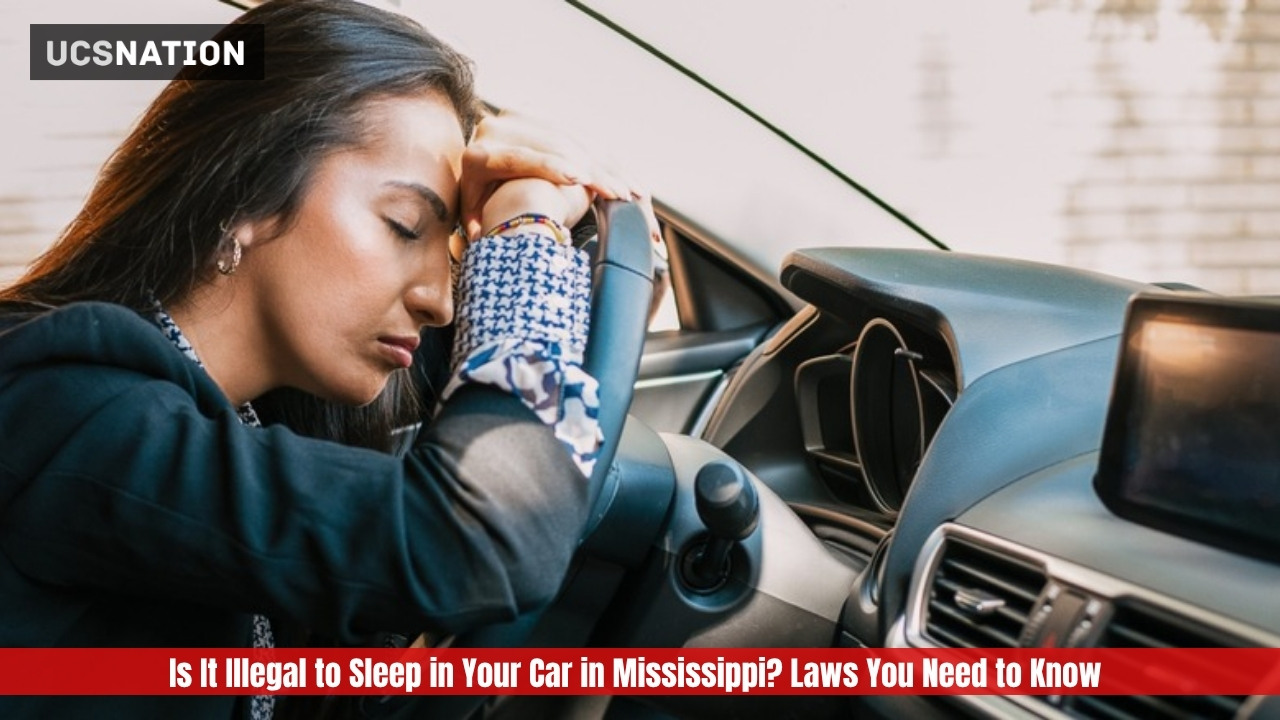


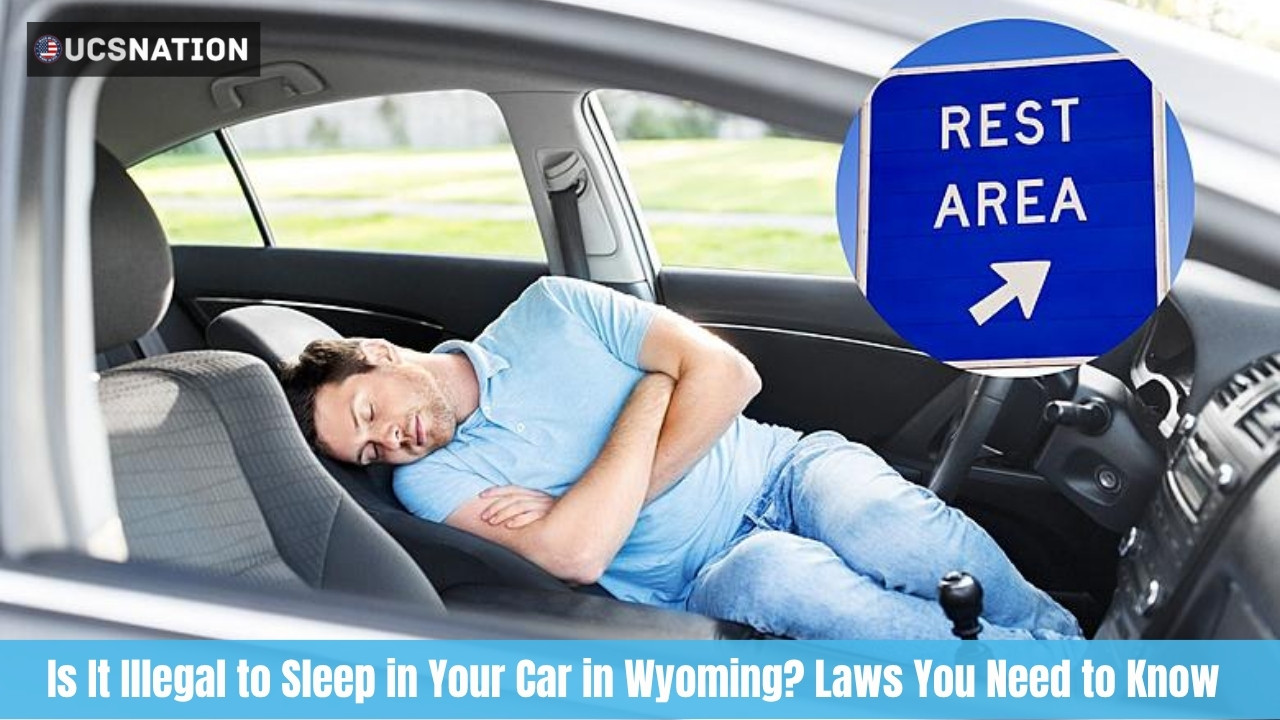
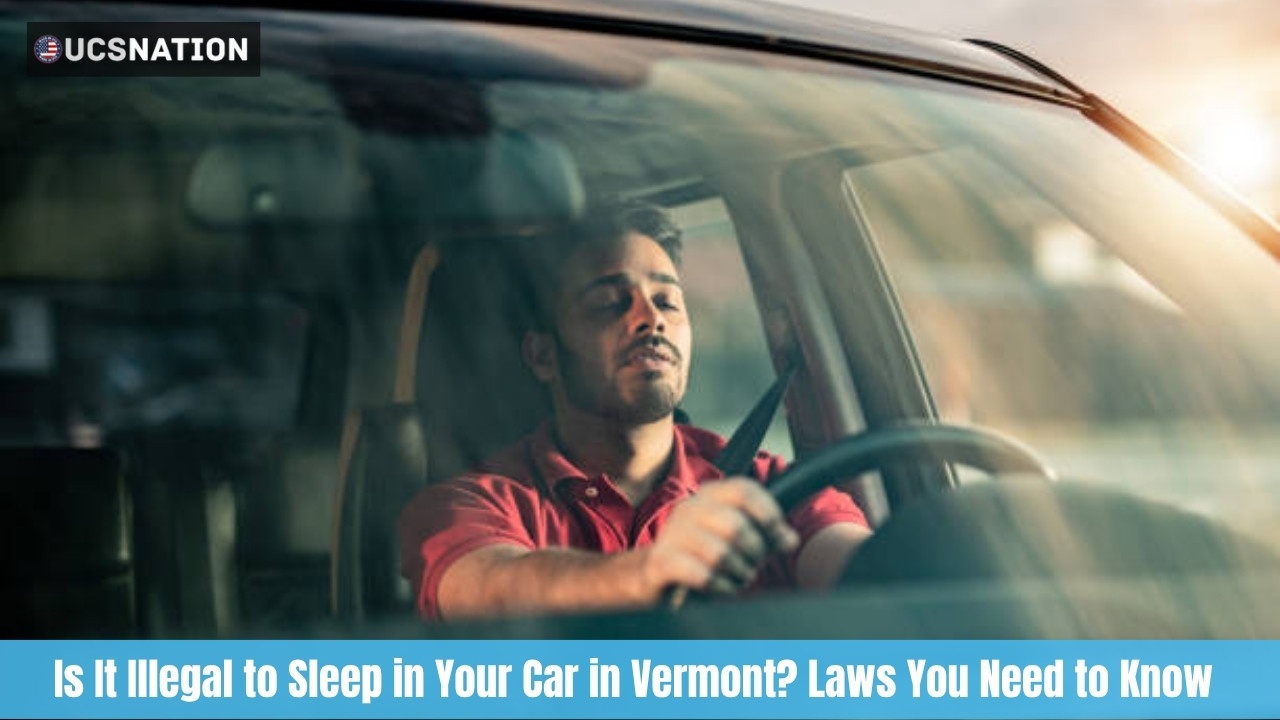
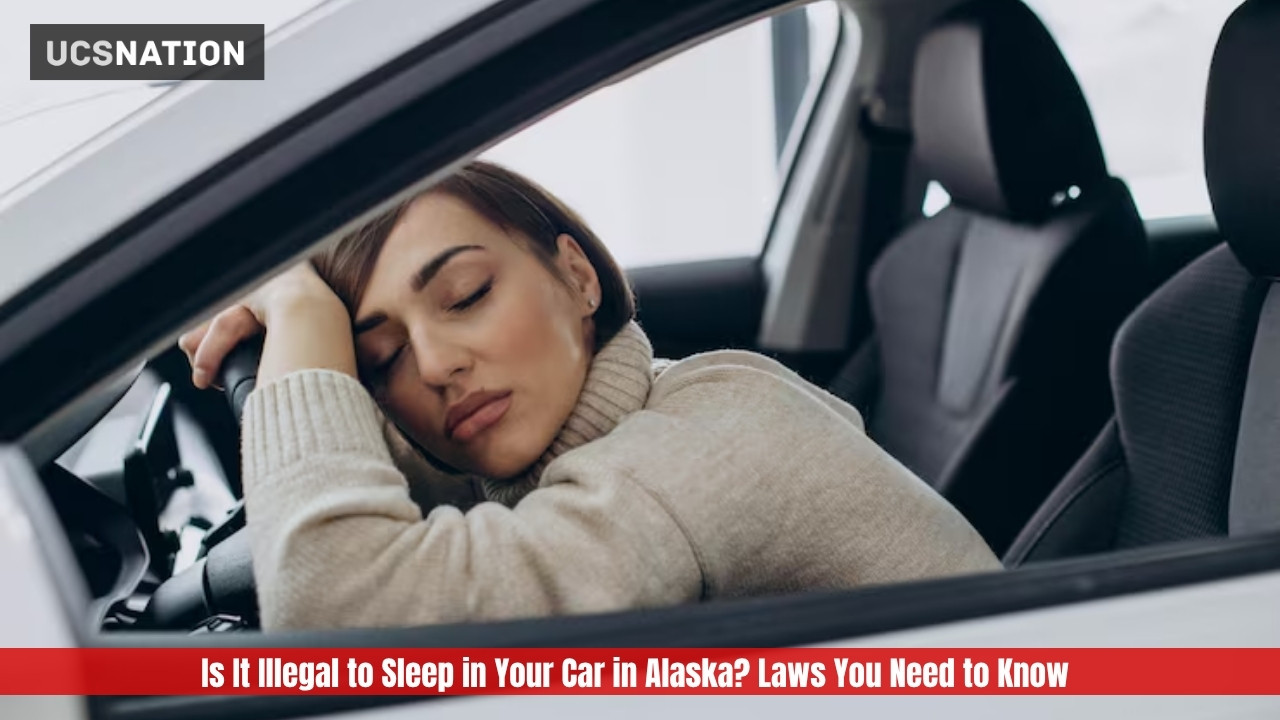
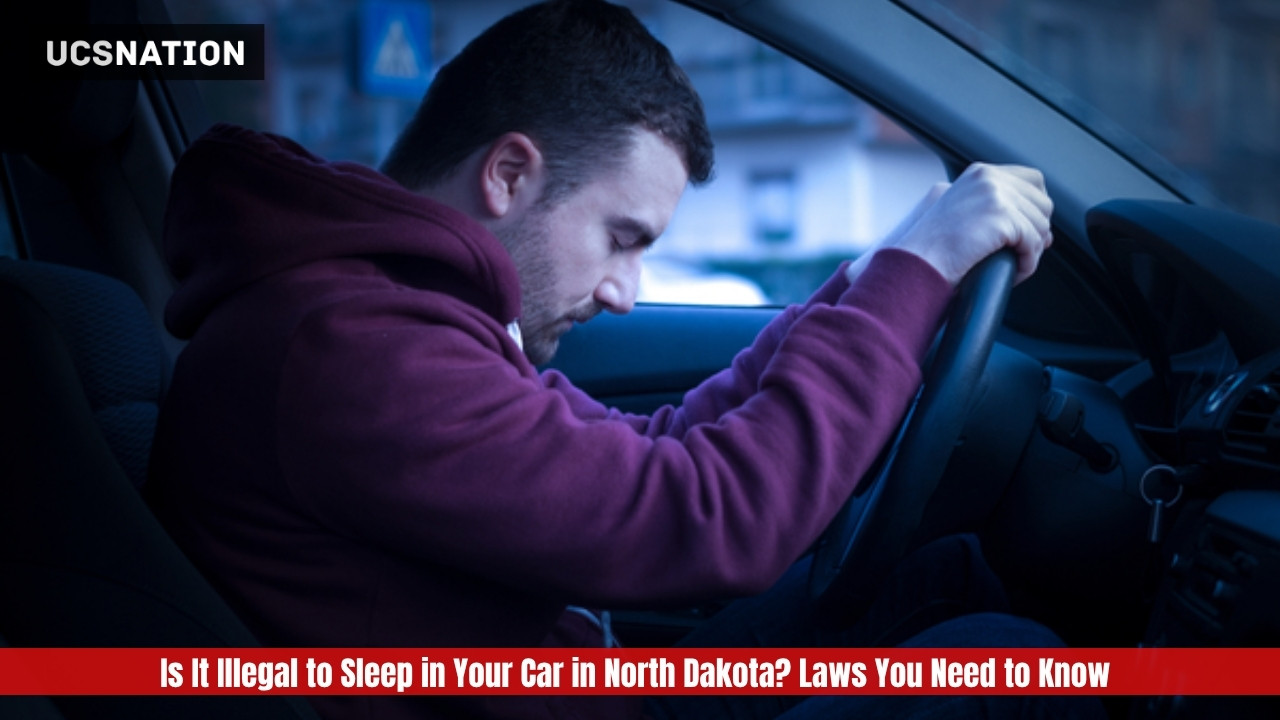
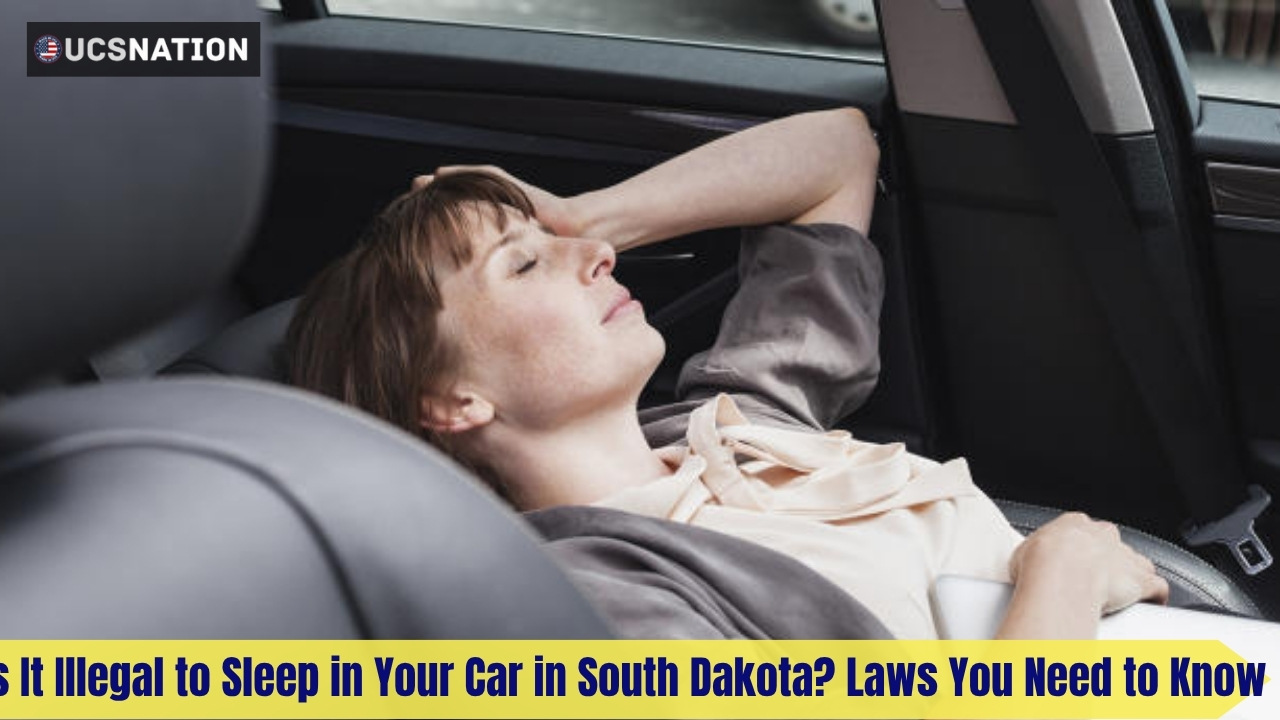
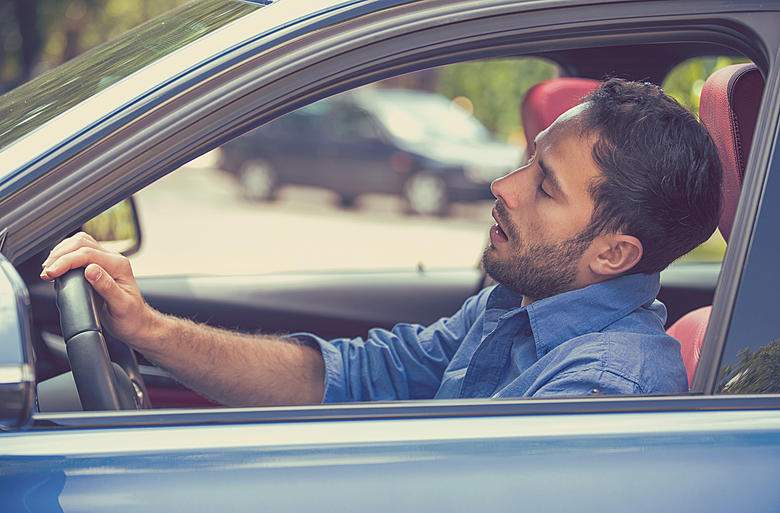
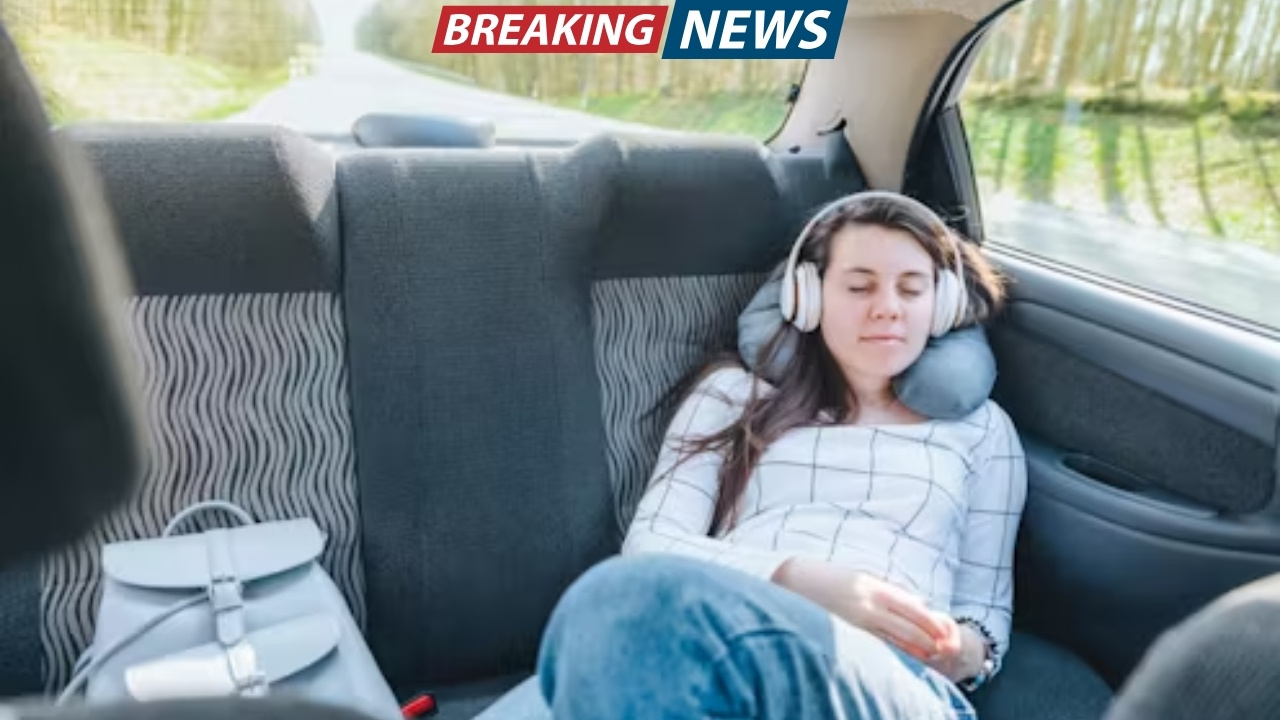
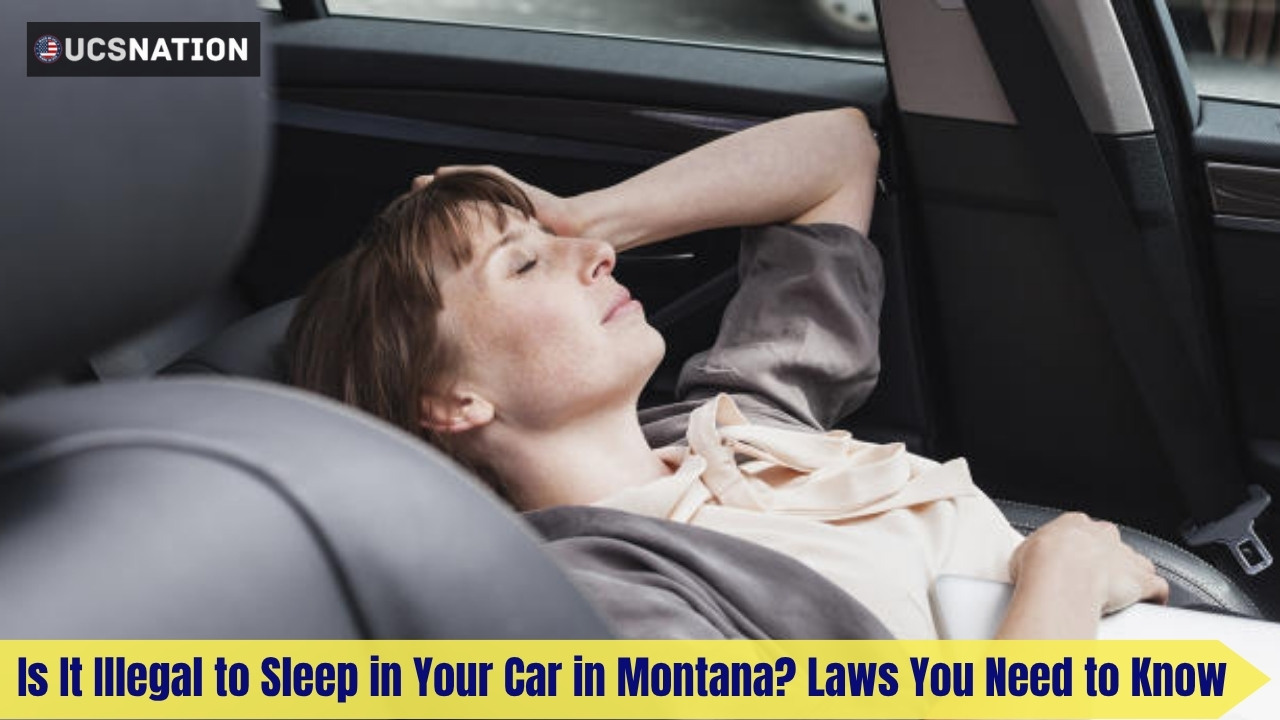




Leave a Reply